
The median progression-free survival was 11 months and the SCG101 was well-tolerated.

The median progression-free survival was 11 months and the SCG101 was well-tolerated.

Microsatellite instability (MSI) tumors are frequently found in people with Lynch syndrome, one of the most common hereditary colorectal cancers.

BRL Medicine is also enrolling a phase 1/2 multicenter trial evaluating BRL-201 at lower dose ranges.
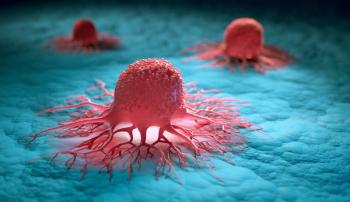
The BASECAMP-1 screening study has now identified 28 patients whose solid tumors are positive for HLA-A*02 LOH.

Patients with HNSCC had a median overall survival (OS) of 20.8 months and a 12-month OS rate of 59%.
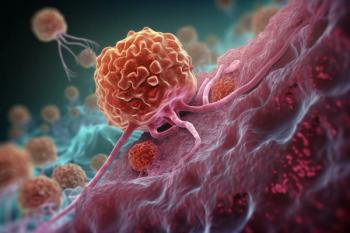
In terms of safety, it was noted that repeated administration of CAR mRNA/LNP was well-tolerated by mice.
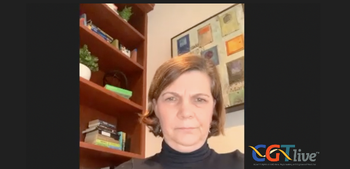
Simeone discussed the progress and challenges seen so far in the BASECAMP-1 observational study.
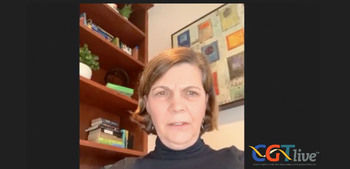
Simeone discussed the design of BASECAMP-1, an observational study for patients previously treated for solid tumors who are at a high risk of relapse.
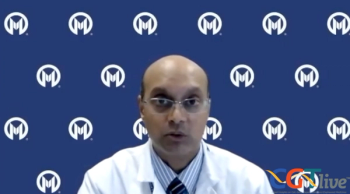
Sarnaik discussed several potential areas of innovation on the horizon.
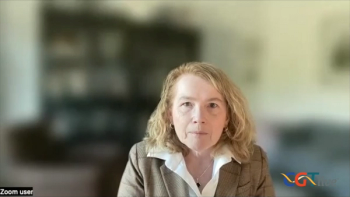
The director of the CCU/ICU at Saint John’s Health Center discussed unmet respiratory treatment needs in the beginning of the COVID-19 pandemic.
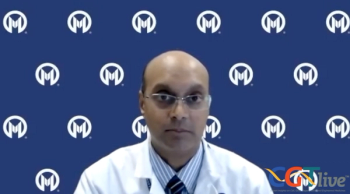
Sarnaik discussed the investigational TIL therapy’s potential as an additional option for patients.

CAN-2409 transduces tumor cells with the thymidine kinase gene, sensitizes these cells to valacyclovir, and stimulates patients’ immune response.
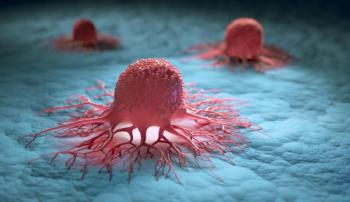
Updated data from a first-in-human trial were presented at the SITC 2022 meeting.
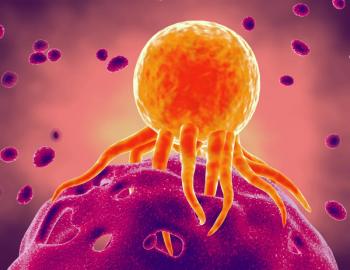
AFNT-111 showed anti-tumor activity in NSG mouse models of breast cancer, pancreatic cancer, and colon cancer.
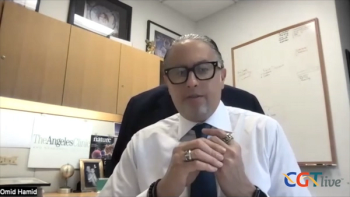
The chief of research and immunotherapy at Cedars-Sinai The Angeles Clinic and Research Institute discussed updated data from the phase 2 C-144-01 study of the lifileucel TIL therapy.

A2B530 and A2B694 target CEA and MSLN cells that have HLA loss of heterozygosity.

Among the 16 patients treated in the trial, 5 showed stable disease after treatment.

Data from the COBALT-RCC study in renal cell carcinoma were presented at SITC 2022.
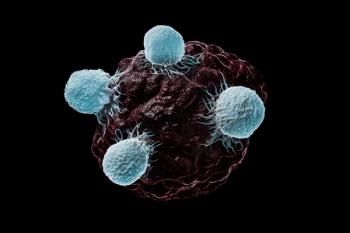
The data included an IRC-assessed ORR of 31.4%.

The patient’s ECOG performance status remained at 0 from screening through the rest of trial participation.
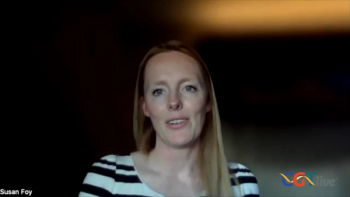
The CRIPSR-edited neoantigen-specific T cell therapy demonstrated safety and feasibility in the first-in-human PACT-0101 study presented at SITC 2022.

Further analysis will be performed to elucidate which characteristics correlate with optimal cell therapy behavior.
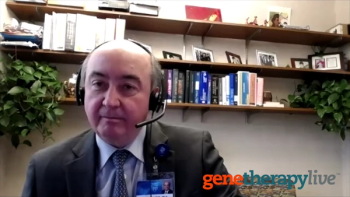
The hematologist/oncologist from Mayo Clinic discussed targeting HLA loss in solid tumors.

The hematologist/oncologist from Mayo Clinic discussed advantages of Tmod cell therapy in solid tumors.

The hematologist/oncologist from Mayo Clinic discussed advantages of Tmod technology in solid tumors.

Cedrik Britten, MD, chief medical officer, Immatics, discussed the advantages of IMA203 over other cell therapies.

The hematologist/oncologist from Mayo Clinic discussed the growing presence of CAR T-cell therapies in lung cancer and melanoma.
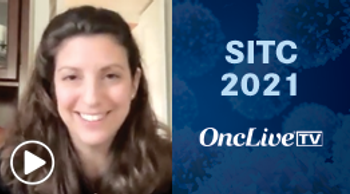
The oncologist from Abramson Cancer Center, Penn Medicine discussed the initial results of the phase 1 trial of CT-0508 in HER2-overexpressing solid tumors.

The hematologist/oncologist from Mayo Clinic discussed the role of HLA loss in common cancers and its use as a biomarker.
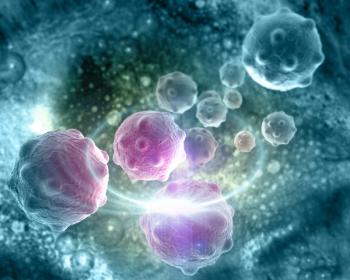
Cedrik Britten, MD, chief medical officer, Immatics discussed data on IMA203 presented at SITC 2021.